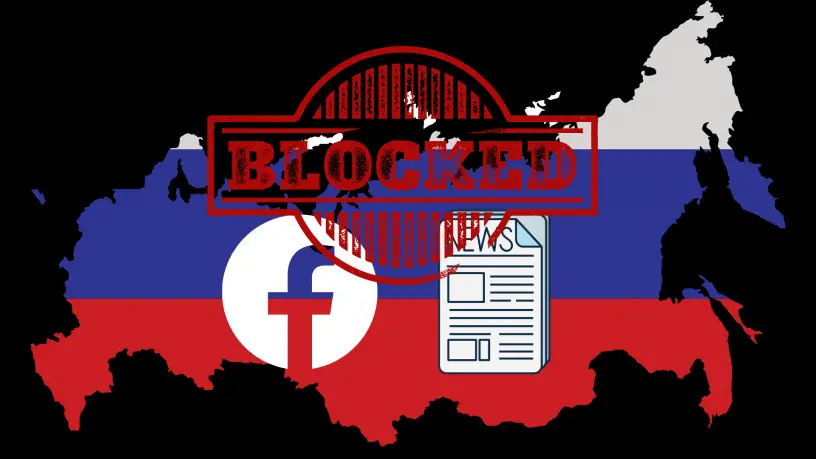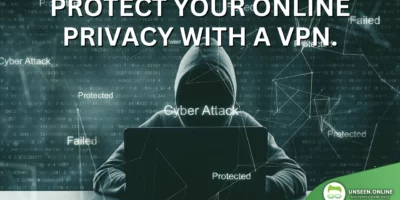Russia blocked Facebook on Friday, joining China, Iran, and North Korea in blocking full domestic access to the social network. The government then passed legislation giving Moscow considerably more powers to clamp down on independent journalists, prompting the BBC, Bloomberg, and other international news organizations to stop operations in the country.
The government’s communications regulator, Roskomnadzor, declared that it had identified “26 examples of discrimination against Russian media and information resources by Facebook,” which it claimed violated a rule guaranteeing “unhindered access” to Russian media.
Russia’s parliament enacted legislation imposing up to 15 years in jail for intentionally spreading “fake” information about its military.
“This law will force punishment — and very tough punishment — on those who lied and made statements which discredited our armed forces,” the chairman of the Duma, Russia’s lower house of parliament, Vyacheslav Volodin said.
Russia has blocked access to state-sponsored networks as well as the websites of the BBC, Deutsche Welle, and Voice of America.
Russia’s Facebook ban simply worsens the country’s isolation on global news, and millions of regular Russians will be unable to obtain credible information or means to contact with their family overseas owing to limitations.
People affected by the restriction can try using a VPN. VPNs allow you to access websites blocked by the government. For simple things like browsing and using email, a free VPN will probably be sufficient. Unseen Online Unlimited VPN is a 100% free, ad-supported VPN that enables you to visit restricted websites while protecting you from government surveillance.








2 Pingbacks